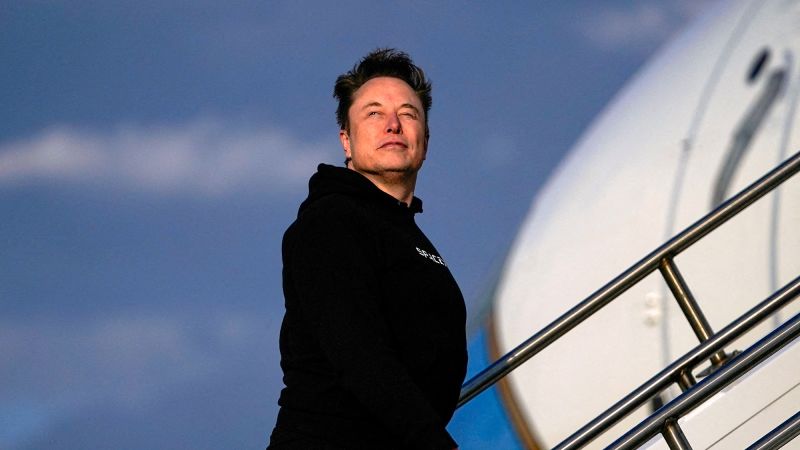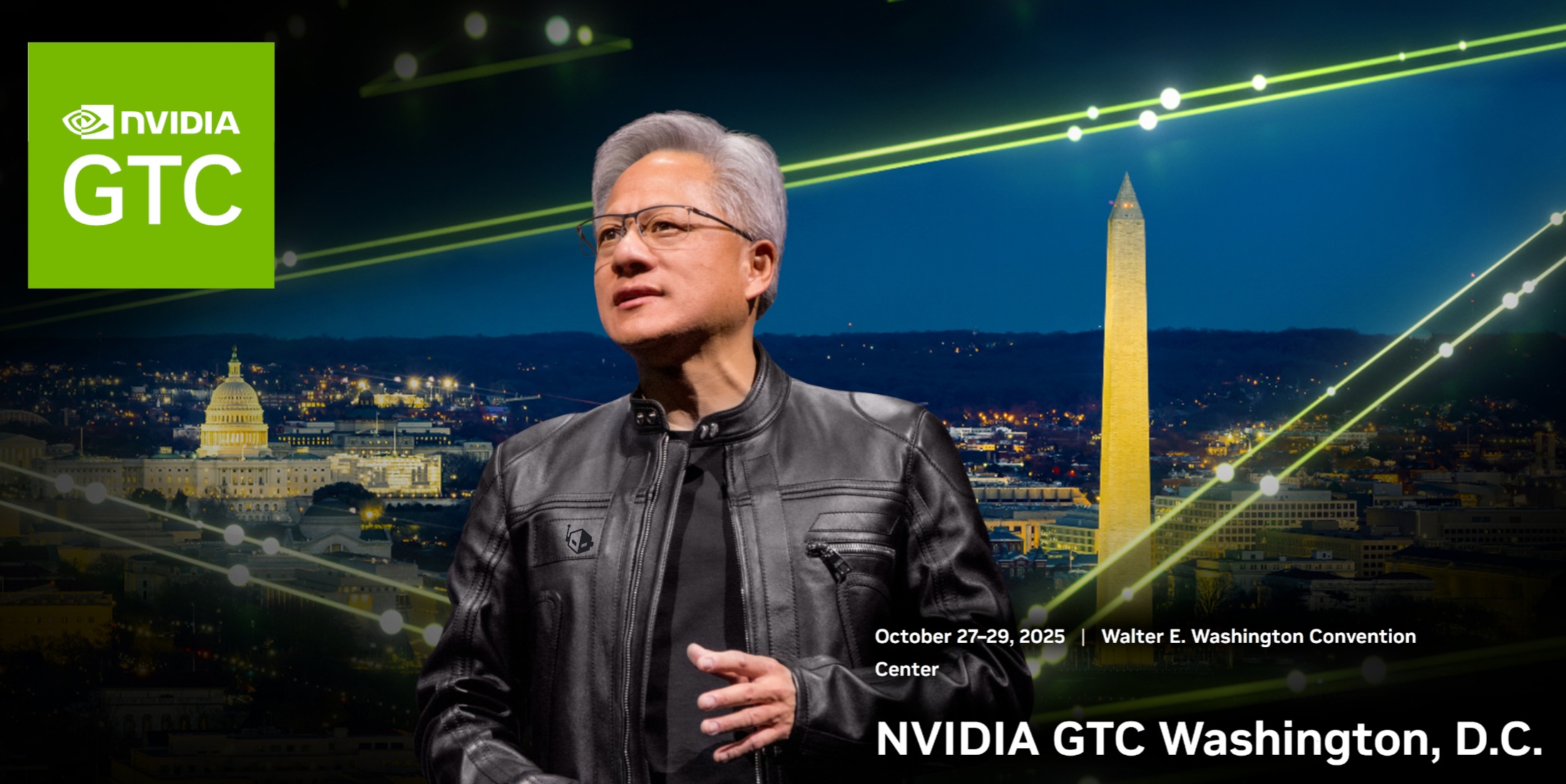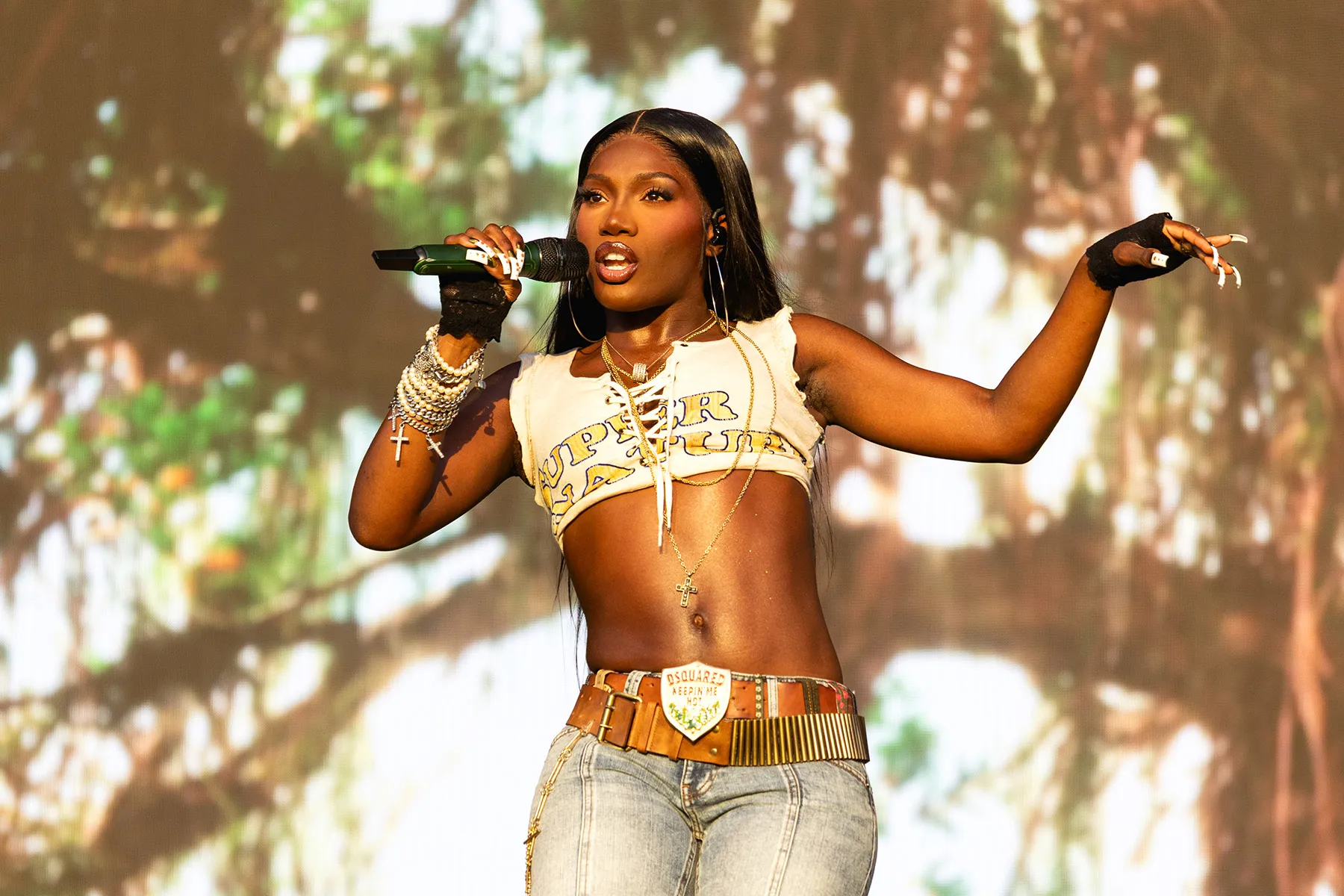Copyright Cable News Network

As expected, Tesla shareholders did a truly unprecedented thing, approving a pay package for Elon Musk that could, over the next decade, turn the CEO into the world’s first trillionaire. First, some important caveats: Tesla and Musk need to hit certain milestones, including raising its already lofty market capitalization by 466%. Is it possible? Sure. Probable? Depends on whom you ask. But since there’s a not-zero chance Musk pulls it off, it’s worth exploring what we talk about when we talk about a “trillion.” A lot of tech and financial media have been tossing the T-word around lately as if it means something. The thing is, it doesn’t. You know how I know that? Quick, think of a trillion … anything. A trillion dollar bills. A trillion grains of sand. A trillion puppies. Whatever you’re imagining that number to look like, you’re way off. One trillion is so much comically larger than anything we can wrap our heads around, it’s practically meaningless. And that is, in part, why Tesla, in its pivot to become an AI and robotics company, is leaning into hyperbole. If I’d told you that Tesla just approved an eleventy-gazillion-jillion-dollar package, it wouldn’t make much of a difference. Musk already has a $475 billion fortune — more money than any one person anywhere, ever, in the history of the world, and needless to say more money than any person could ever spend. Consider the example cited by KRWG columnist Jerry Pacheco in 2020: If you spent $40 per second, around the clock, it would take you 289 days to exhaust a billion dollars. If you did the same thing with a trillion dollars, it would take you 792.5 years to go broke. Just for kicks, though, let’s explore what happens when a 1 is followed by 12 zeros. What could you buy? What would it look like? For a trillion bucks, you could acquire: -1,428 peak Shohei Ohtanis. Ohtani, possibly the greatest baseball player ever, secured a $700 million contract over 10 years with the Dodgers. A measly 0.07% of a trillion. -Every single car sold in the United States this year. Terrible investment, though — those things start losing value the moment you drive them off the lot. -10,000 CEOs of Starbucks. Brian Niccol, the coffee chain boss, is paid a pauper’s sum of nearly $100 million. -333 supertall skyscrapers. If you’re in the New York area you might have glimpsed the new JPMorgan Chase headquarters on Park Ave and thought, “wow, that probably cost a fortune.” And you’d be right: It cost $3 billion! That is a fortune. But you’d have to build it roughly 333 more times to hit $1 trillion. -2,000 Jeff Bezos yachts. Though you’ll need to budget about $25 million per boat, each year, for maintenance. - 465 Icon of the Seas. If you want more of a party-boat vibe, you could buy Royal Caribbean’s Icon of the Seas, the world’s largest cruise ship. You could buy 465 of them, in fact. And that’s also about as many ships as are in the US Navy, which is a fine size for your own personal fleet. -The entire Ivy League, five times over. Collectively, the endowments of the eight most elite American universities come out to about $200 billion. You can’t put a price on education, of course, but for a fifth of a trillion, the Ivy League is steal. -A $2,923 bonus for every single person in the United States. Look at you, being so charitable! (Beware the inflation, though — we’ve been down this path before.) -Switzerland. OK, honestly, not sure if you can buy a country, but the landlocked Alpine nation’s nominal annual GDP came in at just under $900 billion last year. A flipper’s dream! -Every house in Hawaii. There are 572,781 households in Hawaii, and according to Zillow they go for only $826,575, on average. Eat your heart out, Larry Ellison. -Coca-Cola, plus a Coke for everyone on the planet. Drop a cool $300 billion on the corporation, and you’ll still have plenty left over to buy all 8.2 billion humans a 12-pack of Coke. -Toyota, Volkswagen, Stellantis, Hyundai, Ford, and GM. If you want to compete against Tesla, you’re gonna need scale. -ExxonMobil, Chevron, and ConocoPhillips. Who knows, maybe the whole electric car thing doesn’t work out, and Tesla decides to get into the internal combustion business. Buying the top three largest American oil companies could help there, too. Bottom line: For better or worse, we’re entering an era in which companies and their CEOs can amass wealth in numbers so large, our brains actually don’t know how to understand them. The wealth at the top is incomprehensible — orders of magnitude beyond the numbers most of us glean from our own bank statements. One quasi-upside? Understanding the absurdity of one trillion anything makes the $38 trillion US national debt that economists have been blathering on about for years look almost sensible. Our giant national debt is just 38 potential Elon Musks? Just 7.5 Nvidias? Eh, I’m sure we can manage that. —CNN’s Chris Isidore contributed to this article.



